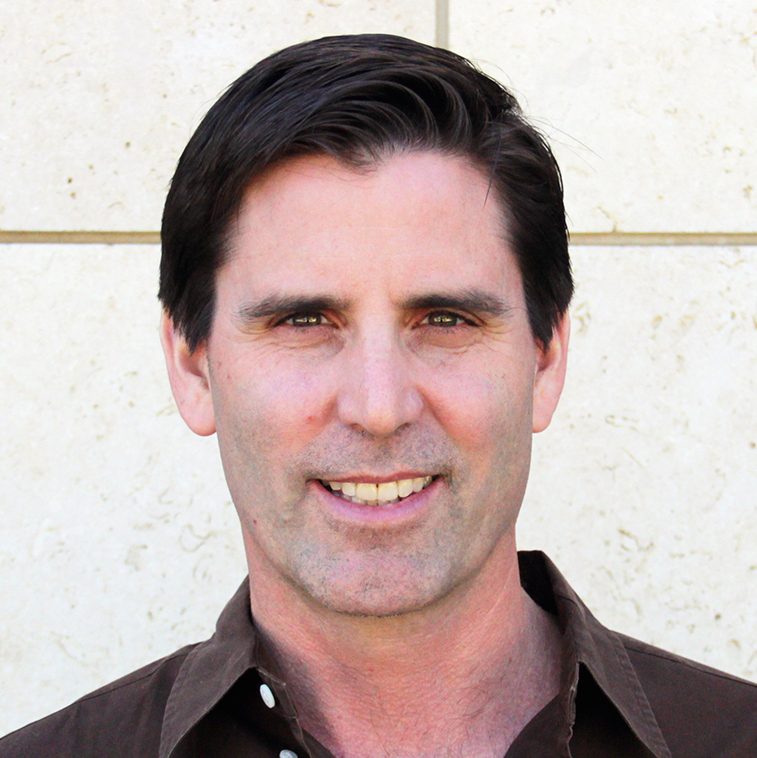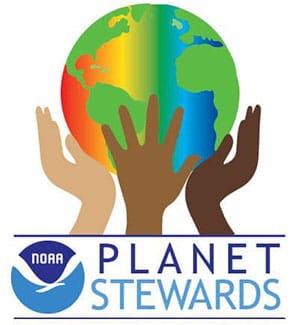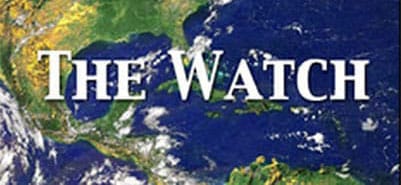Transitioning to 100% Clean Renewable Energy for All Purposes
Global warming, air pollution, and energy insecurity are three of the most significant problems facing the world today. In this presentation Dr. Jacobson discusses the development of technical and economic plans to convert the energy infrastructure of each of the 50 United States and 139 countries of the world to those powered by 100% wind, water, and sunlight (WWS) for all purposes, namely electricity, transportation, industry, and heating/cooling, after energy efficiency measures have been accounted for. Results showing the ability of the grid to remain stable at low cost under 100% WWS conditions are also provided.

Mark Jacobson
At the time of this broadcast Mark Jacobson was the Director of the Atmosphere/Energy Program and Professor of Civil and Environmental Engineering at Stanford University, and a Senior Fellow of the Woods Institute for the Environment and the Precourt Institute for Energy. He received a B.S. in Civil Engineering, an A.B. in Economics, and an M.S. in Environmental Engineering from Stanford University, and an M.S. and PhD in Atmospheric Sciences from UCLA. He has published two textbooks and ~150 peer-reviewed journal articles. In 2005 he received the American Meteorological Society Henry G. Houghton Award. In 2013 he received the American Geophysical Union Ascent Award for his work on black carbon climate impacts, and the Global Green Policy Design Award for developing state and country energy plans. In 2015, he received a Cozzarelli Prize from the Proceedings of the National Academy of Sciences for his work on the grid integration of 100% wind, water and solar energy systems. He has served on an advisory committee to the U.S. Secretary of Energy, appeared in a TED talk, and on the David Letterman Show to discuss converting the world to clean energy. He co-founded The Solutions Project.
Education Resources:
Stanford University Atmosphere / Energy Program Web Site
100% Wind, Water, and Solar (WWS) All-Sector Energy Roadmaps for Countries and States
Studies on Grid Reliability With High Penetrations of Wind, Water, and Sunlight (WWS)
The Essential Principles and Fundamental Concepts for Energy Education
U.S. Department of Energy Renewables Web Site
National Renewable Energy Laboratory
Educational Resources for Grades 3-16 from the CLEAN Collection


Social